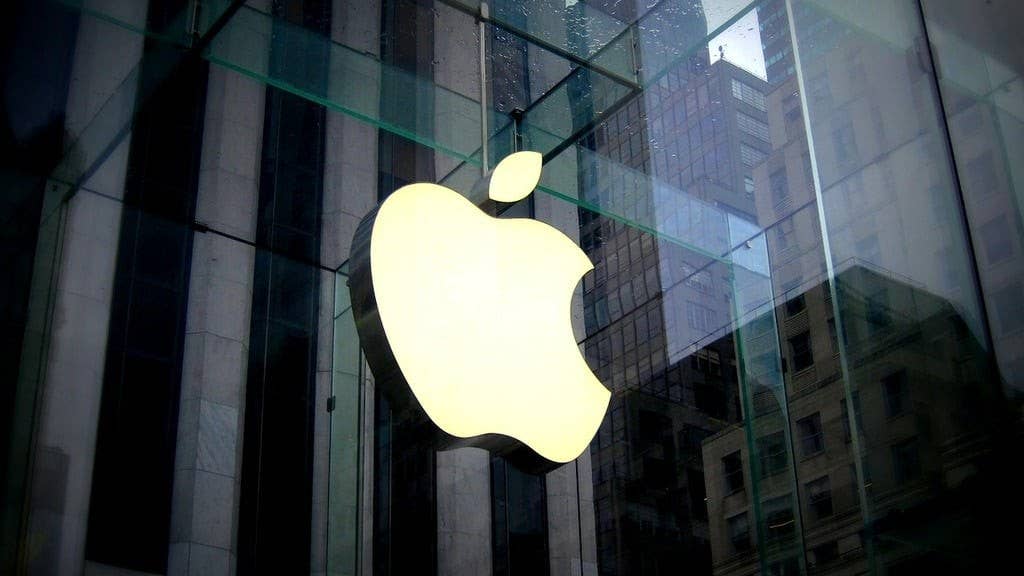Can a Data Scientist Save Your Failing Marketing Strategy?
Discover how hiring data scientists can transform failing marketing campaigns through advanced analytics, customer insights, and data-driven strategies that deliver measurable ROI and business growth in 2025.

The Marketing Crisis: When Traditional Strategies Fall Short
Marketing teams across industries are struggling with campaign performance and ROI measurement. Traditional marketing approaches often rely on gut instincts and broad assumptions, leading to wasted budgets and missed opportunities. Recent studies show that 87% of marketers consider data their most underutilized asset, yet many organizations continue using outdated strategies that fail to connect with modern consumers.
The shift from traditional to digital marketing has created complex data environments that require specialized skills to navigate effectively. Without proper data analysis, businesses miss critical insights about customer behavior, market trends, and campaign performance that could dramatically improve their marketing outcomes.
Why Marketing Campaigns Fail Without Data Science
Marketing failures typically stem from poor audience targeting, ineffective message timing, and lack of performance measurement. Companies spend billions on marketing annually, yet many struggle to demonstrate clear returns on their investment. The problem isn't necessarily the creative content or marketing channels—it's the absence of scientific methodology in campaign development and optimization.
When you hire data scientists for marketing teams, they bring statistical rigor and analytical frameworks that transform how campaigns are planned, executed, and measured. This scientific approach replaces guesswork with evidence-based decision making.
The Data Science Solution: Transforming Marketing Through Analytics
Data science offers a systematic approach to marketing challenges that traditional methods cannot address. By applying machine learning algorithms, statistical analysis, and predictive modeling to marketing data, organizations can uncover patterns and insights that drive better results. The decision to hire data scientists represents a strategic investment in marketing effectiveness and business growth.
Modern marketing generates vast amounts of data across multiple touchpoints, from website interactions to social media engagement. Data scientists excel at processing this information to identify actionable insights that marketing teams can use to improve campaign performance and customer engagement.
Customer Segmentation and Predictive Analytics
Data scientists use advanced segmentation techniques to identify distinct customer groups based on behavior, preferences, and purchase patterns. This granular understanding enables highly targeted marketing campaigns that resonate with specific audiences. Predictive analytics helps forecast customer lifetime value, purchase probability, and optimal engagement times.
When businesses hire data scientists with marketing expertise, they gain the ability to predict which customers are most likely to convert, allowing for more efficient resource allocation and higher campaign ROI.
Real-World Impact: Data-Driven Marketing Success Stories
The effectiveness of data science in marketing is well-documented across industries. About 78% of marketers have incorporated data analytics into their strategies, with 69% of professionals asserting that data-driven marketing sharpens the focus on content and messaging. These statistics demonstrate the widespread adoption and proven value of analytical approaches to marketing.
Companies that embrace data-driven marketing strategies typically see significant improvements in campaign performance, customer acquisition costs, and overall marketing ROI. The ability to measure and optimize campaigns in real-time provides competitive advantages that traditional marketing approaches cannot match.
Attribution Modeling and Multi-Touch Analysis
One of the most valuable contributions data scientists make to marketing teams is developing sophisticated attribution models. These models help identify which marketing channels and touchpoints contribute most to conversions, enabling better budget allocation and strategy optimization.
Traditional marketing often relies on last-click attribution, which oversimplifies the customer journey. When you hire data scientists, they can build multi-touch attribution models that provide accurate insights into how different marketing activities work together to drive results.
Personalization at Scale: AI-Powered Marketing Automation
Data scientists enable personalization strategies that would be impossible to execute manually. By developing machine learning models that analyze customer behavior and preferences, marketing teams can deliver personalized content, product recommendations, and messaging at scale.
This level of personalization significantly improves customer engagement and conversion rates. Studies show that personalized marketing campaigns can deliver 5-8 times the ROI of traditional marketing approaches, making the investment to hire data scientists financially justified.
Dynamic Pricing and Revenue Optimization
Beyond traditional marketing metrics, data scientists can optimize pricing strategies based on market conditions, customer segments, and competitive analysis. Dynamic pricing models help maximize revenue while maintaining customer satisfaction and market competitiveness.
Building Marketing Analytics Infrastructure
Successful implementation of data science in marketing requires proper infrastructure and processes. Data scientists help organizations build robust analytics frameworks that support ongoing campaign optimization and performance measurement. This includes data collection systems, analysis pipelines, and reporting dashboards that provide actionable insights to marketing teams.
The decision to hire data scientists should be viewed as an investment in long-term marketing capability rather than a short-term solution. Data scientists establish systems and processes that continue delivering value long after initial implementation.
Integration with Marketing Technology Stack
Modern marketing relies on complex technology stacks that generate data across multiple platforms. Data scientists excel at integrating disparate data sources to create comprehensive views of marketing performance and customer behavior. This integration enables more sophisticated analysis and better decision-making across all marketing activities.
ROI Measurement and Performance Analytics
One of the most significant challenges in marketing is accurately measuring return on investment across different channels and campaigns. Data scientists bring statistical rigor to ROI calculation, helping organizations understand which marketing activities truly drive business results.
As of June 2024, around 63 percent of marketing professionals rated their data-driven strategies somewhat successful, with 32 percent considering them very successful. These success rates demonstrate the potential for data science to transform marketing outcomes when properly implemented.
Advanced Testing and Experimentation
Data scientists design and analyze A/B tests, multivariate experiments, and other statistical tests that help optimize marketing campaigns. This experimental approach enables continuous improvement and evidence-based decision making that traditional marketing methods cannot provide.
Skills and Expertise: What to Look for When Hiring
When organizations decide to hire data scientists for marketing roles, they should prioritize candidates with both technical skills and business acumen. The most effective marketing data scientists understand statistical analysis, machine learning, and data visualization while also grasping marketing principles and business objectives.
Look for professionals with experience in marketing analytics tools, customer data platforms, and statistical software. Equally important are communication skills that enable data scientists to translate complex analytical findings into actionable marketing strategies.
Building Cross-Functional Collaboration
Successful integration of data science into marketing requires strong collaboration between analytical and creative teams. Data scientists must work closely with marketing managers, creative directors, and campaign specialists to ensure insights are effectively implemented in marketing strategies.
Implementation Timeline and Expected Results
Organizations that hire data scientists for marketing transformation should expect a phased implementation process. Initial results often appear within 3-6 months, with more significant improvements emerging over 12-18 months as systems mature and teams develop data-driven workflows.
The timeline for seeing results depends on data quality, organizational readiness, and the complexity of marketing challenges being addressed. Companies with clean data and supportive leadership typically see faster returns on their investment in data science talent.
Measuring Success and Continuous Improvement
Data scientists establish key performance indicators and measurement frameworks that enable ongoing optimization of marketing strategies. This includes developing dashboards, automated reporting, and alert systems that help marketing teams respond quickly to changing conditions and opportunities.
The Future of Data-Driven Marketing
The integration of data science into marketing will continue expanding as technology advances and consumer behavior becomes increasingly digital. Organizations that hire data scientists now position themselves for future success in an increasingly competitive and data-rich marketing environment.
According to recent studies, 91% of marketers believe data-driven marketing is crucial for success in 2024. This overwhelming consensus indicates that data science integration is not optional but essential for marketing success.
Marketing teams that embrace data science gain competitive advantages through better customer understanding, improved targeting, optimized spending, and measurable results. The question isn't whether data science can save failing marketing strategies—it's how quickly organizations can implement these capabilities to drive growth.
Conclusion: Transforming Marketing Through Data Science
Data scientists offer proven solutions to common marketing challenges through statistical analysis, predictive modeling, and systematic optimization. The decision to hire data scientists represents a strategic investment in marketing effectiveness that delivers measurable returns through improved campaign performance, better customer insights, and optimized resource allocation.
Modern marketing requires scientific rigor and analytical sophistication that only trained data professionals can provide. Organizations that recognize this reality and invest in data science capabilities will outperform competitors who rely on traditional approaches. The evidence is clear: data science can indeed save failing marketing strategies and drive sustainable business growth.

























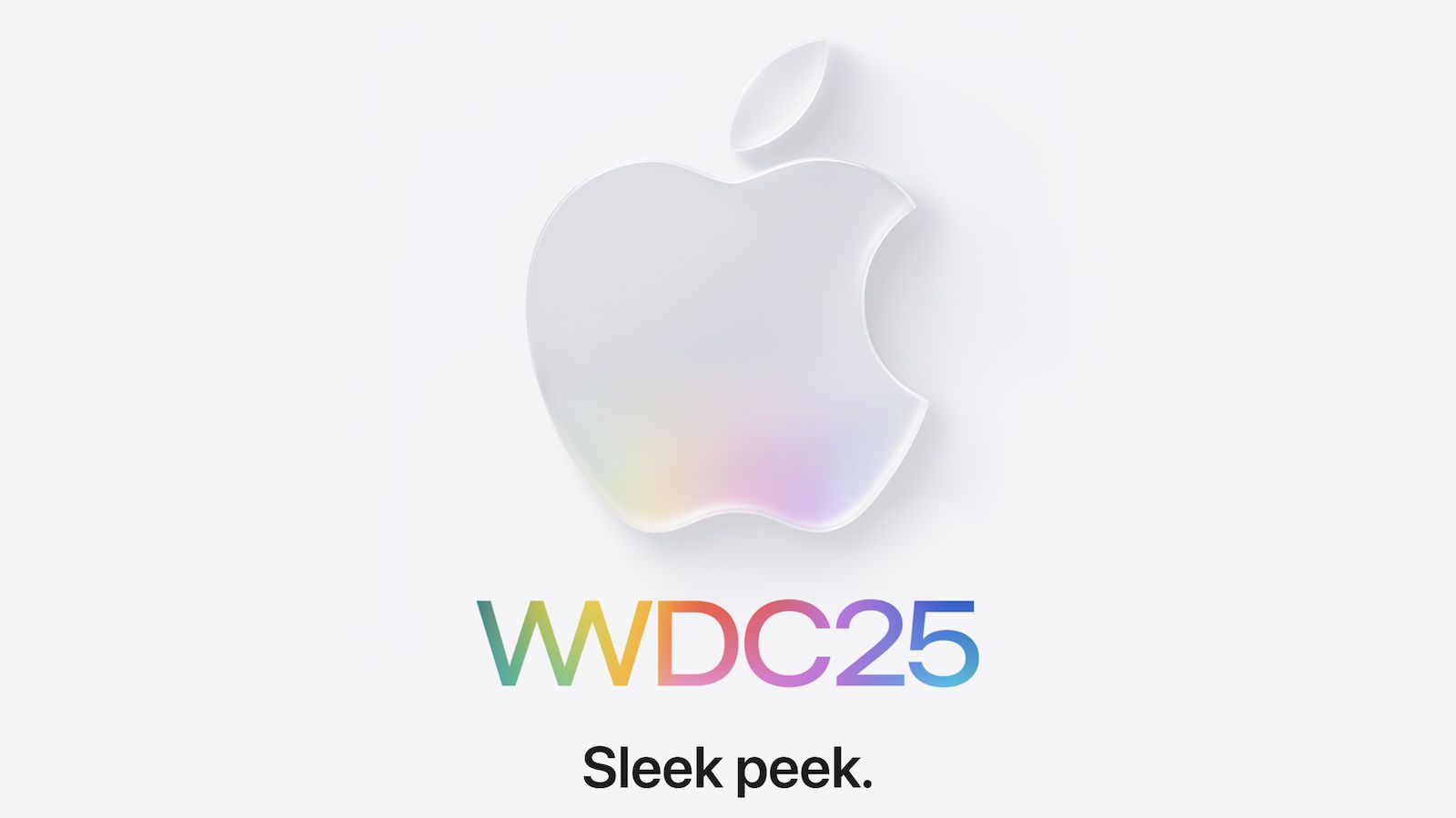











































![WWDC 2025 May Disappoint on AI [Gurman]](https://www.iclarified.com/images/news/97473/97473/97473-640.jpg)


![M4 MacBook Air Hits New All-Time Low of $837.19 [Deal]](https://www.iclarified.com/images/news/97480/97480/97480-640.jpg)



























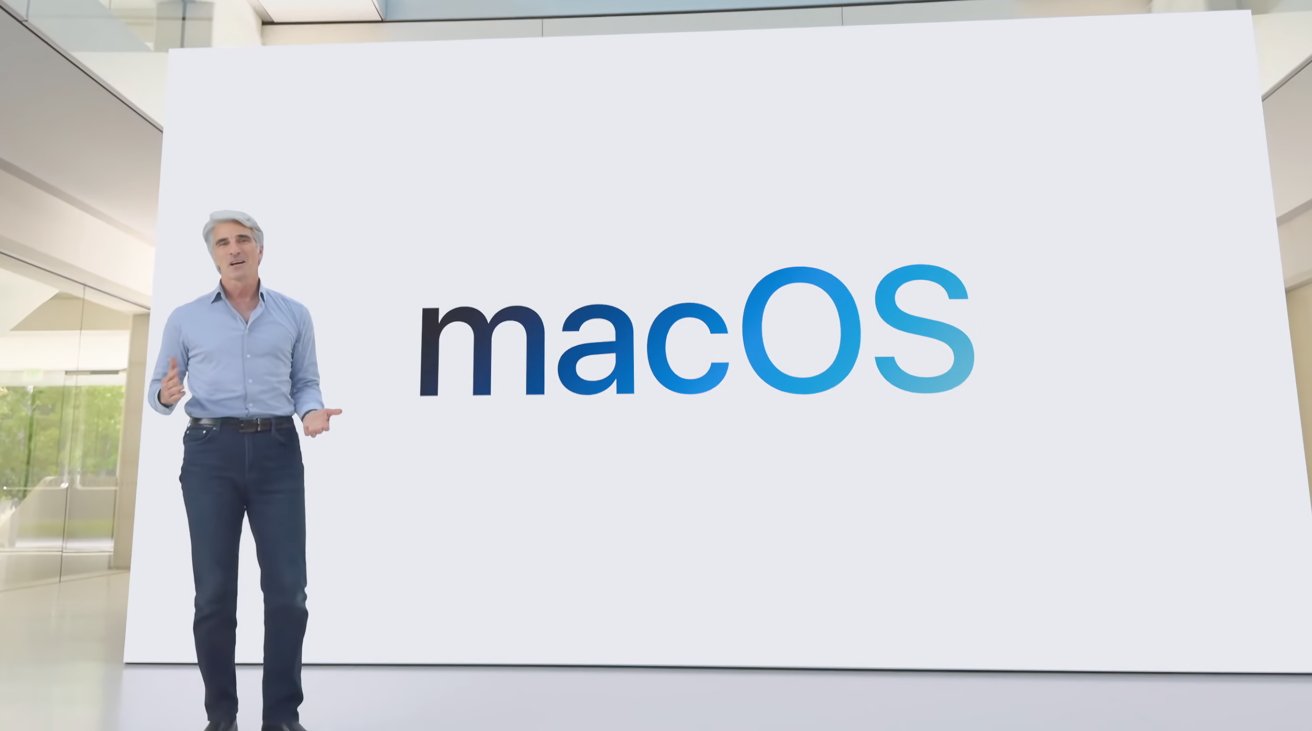




















































































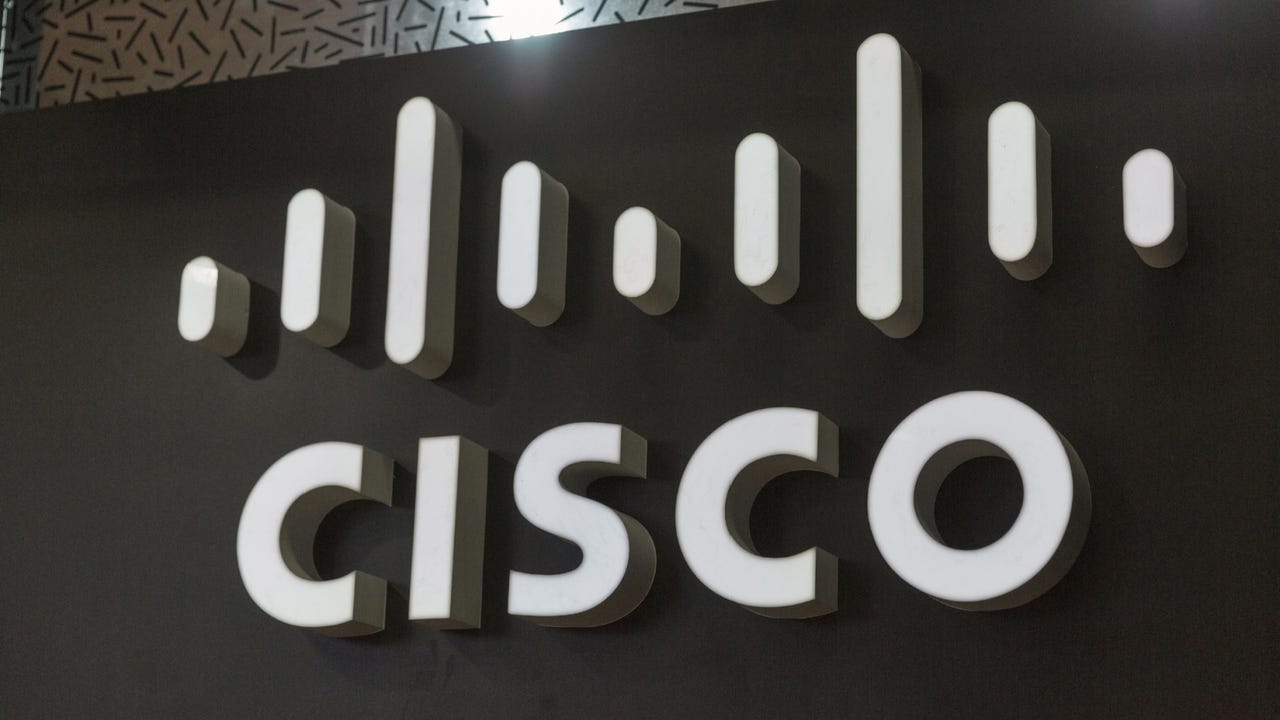












































































































![[The AI Show Episode 150]: AI Answers: AI Roadmaps, Which Tools to Use, Making the Case for AI, Training, and Building GPTs](https://www.marketingaiinstitute.com/hubfs/ep%20150%20cover.png)
![[The AI Show Episode 149]: Google I/O, Claude 4, White Collar Jobs Automated in 5 Years, Jony Ive Joins OpenAI, and AI’s Impact on the Environment](https://www.marketingaiinstitute.com/hubfs/ep%20149%20cover.png)



























































































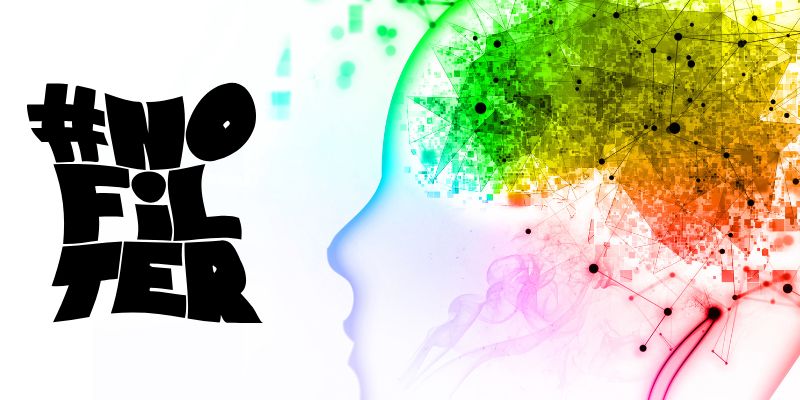























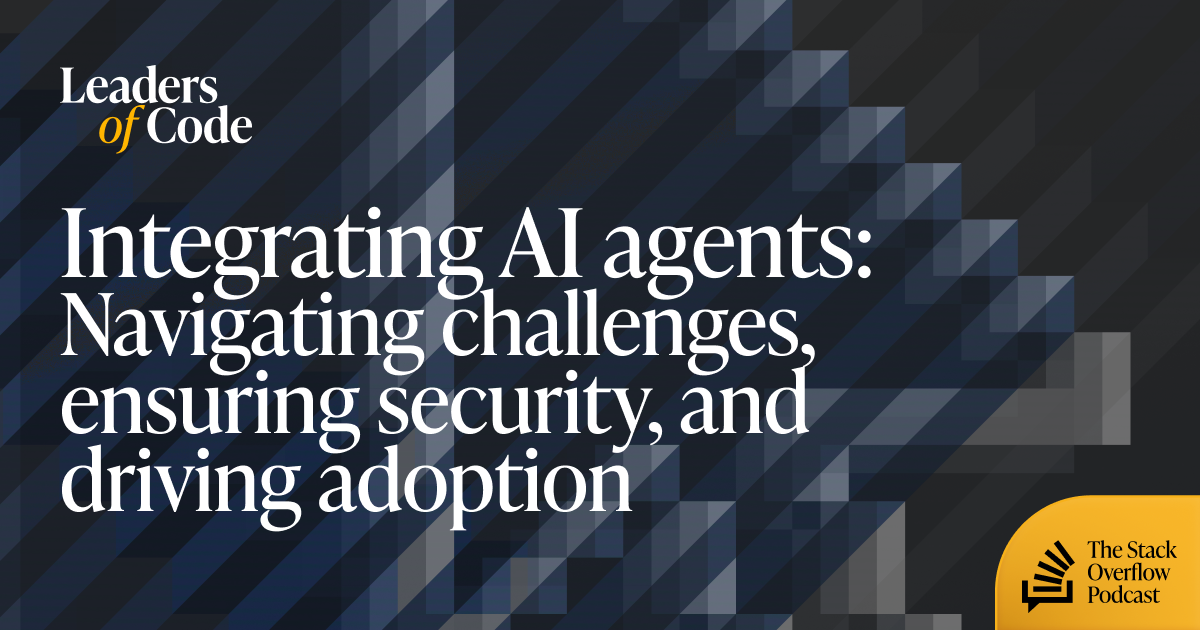



















![Z buffer problem in a 2.5D engine similar to monument valley [closed]](https://i.sstatic.net/OlHwug81.jpg)



















































